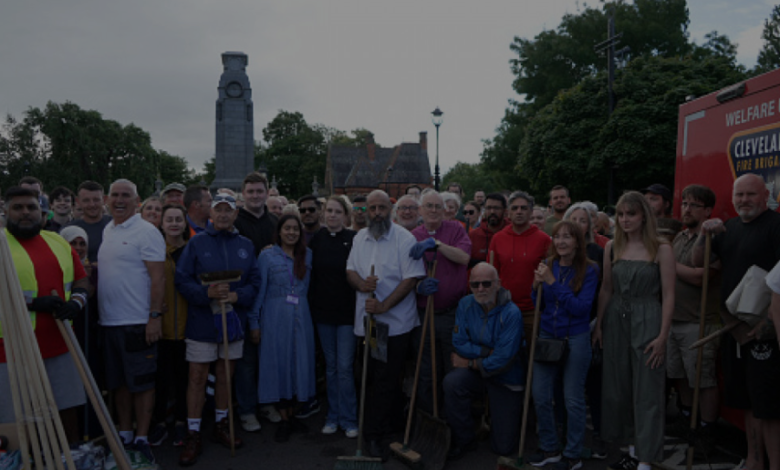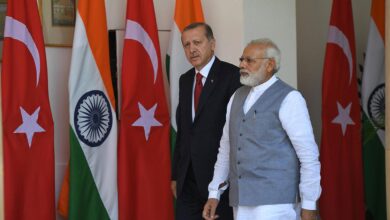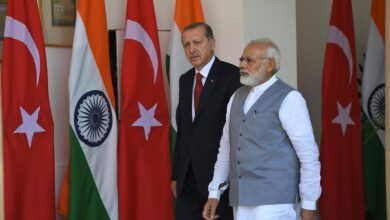Muslim leaders urge restraint in response to far-right attacks

The contributions of Islamic culture to our daily lives are far-reaching and usually go unheeded because they extend from the fabrics we wear to the food items we relish; Islamic civilization has played a leading role in inventing the world of everyday objects and culinary delicacies. In this article, we take a historical journey to explore some everyday objects, things, and foods invented and popularized by the Muslims.
1. Coffee: The Energizer of Modernity:
Coffee is one of the most widely consumed beverages in the world. Its origin lies in the Islamic world. The Arabian innovation of brewing coffee beans transformed how we begin the day and stay awake during long nights.
2. Toothbrushes: A Dental Care Tradition:
Before toothbrushes became common, Islamic civilization used the “miswak,” a twig for cleaning teeth. This ancient practice laid the basis for dental hygiene today.
3. Algebra: Unraveling Mathematical Riddles:
“Algebra” is borrowed from its Arabic counterpart, “al-jabr.” These are the hard work and labors that Muslim scholarship—especially the well-known personality Al-Khwarizmi—presented to the world by developing modern mathematics and problem-solving techniques.
4. Camera Obscura: Freezing a Moment:
He developed the camera obscura principle, opening the way for modern photography. His works were based on this principle of capturing an image.
5. Perfumes and Essential Oils: Fragrance as an Art:
Perfumery is intrinsic to the culture of the Muslims. What was perfected as the art of distillation and blending essential oils into alluring perfumes is now an international industry.
6. Eggplant and the Fine Art of Cooking:
The aubergine, known to most of the world as the eggplant, is a staple ingredient in Islamic cooking. Items like baba ghanoush and moussaka demonstrate the potential of the vegetable for culinary excellence.
7. Making Soap:
Soap, an article essential to cleanliness and hygiene, was discovered by the 9th-century Muslim chemists. They concocted it from a compound of vegetable oils with alkaline salts diffused throughout Europe.
8. Compass: Across the Oceans:
The compass, initially being a navigational tool, was developed and standardized by Islamic scientists. An improved compass design opened up the path for long-distance oceanic voyages.
9. Surgical Instruments: The Art of Medicine:
The other extreme of excellence achieved in Islamic civilization was improving medical instruments and surgery. The new surgical tools made medicine more accurate.
10. Lentils: A Dietary Superfood:
Lentils, a healthful staple in most Islamic diets, are excellent protein and fiber-rich ingredients. They also find their way into various cuisines of the world.
11. Textiles and Fabrics: From Silk to Satin:
Islamic civilizations have been leaders in textile production for several hundred years; today, their intricate designs and high-quality fabrics – from silk to satin – have made a mark in fashion.
Conclusion:
All, from daily things around us to food and clothes, carry in them the contributions of Islamic civilization. This is a legacy that the Muslim inventors and innovators have bequeathed in the very fabric of our existence—from the clothes one wears to the food one relishes. The ability to recognize and take pride in these contributions celebrates Islamic culture. It underlines how richly human history is tapestry and how connected humans are with it in everyday life.



